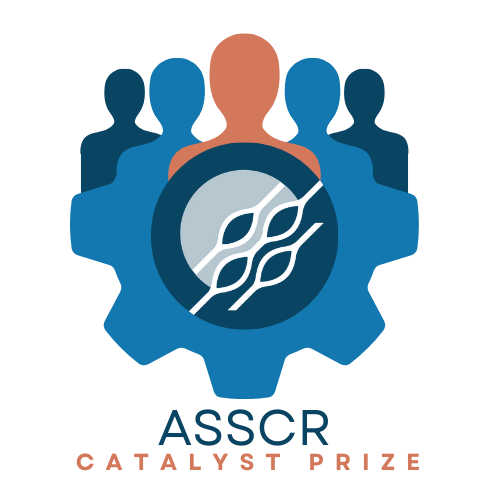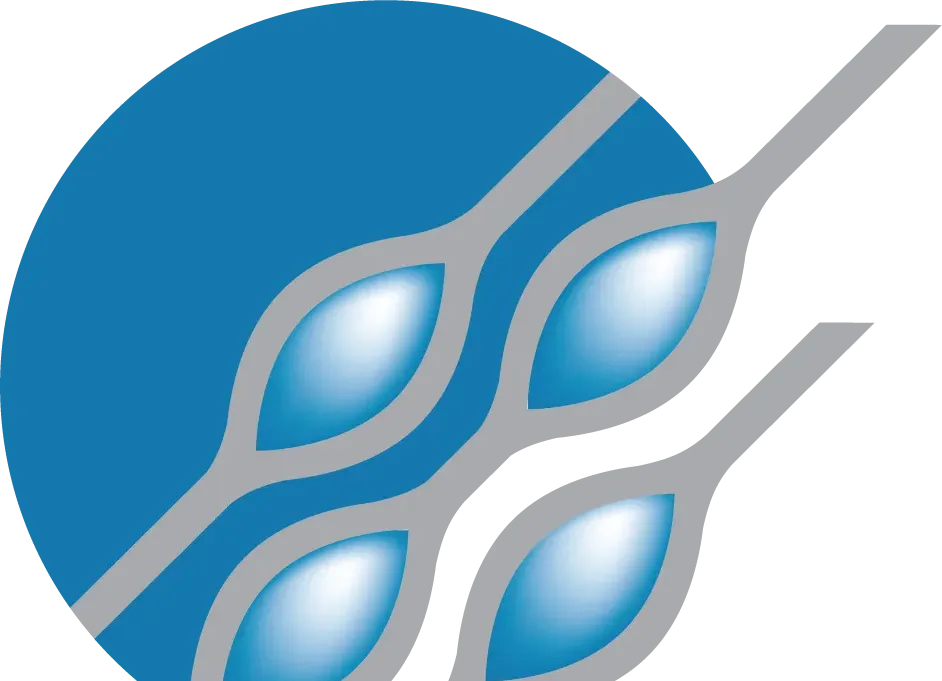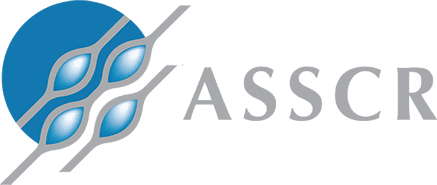ASSCR Catalyst Prize
Highlighting exceptional contributions in research
The ASSCR is proud to announce the launch of the Catalyst Prize, a prestigious new award that recognises an outstanding research team within the Australasian stem cell community. This biennial prize celebrates innovation, collaboration, and transformative impact at both national and international levels in the past five years.

Key Details for the ASSCR Catalyst Prize
The Catalyst Prize is designed to highlight exceptional contributions in research and adjacent fields, emphasising impact and innovation. Eligible teams must consist of three or more members, including at least one PhD student or early-career researcher (ECR). The nominated team representative must be a current ASSCR member with at least 12 months of membership during the assessment period. Teams are assessed on their contributions and impact over the past five years (2019–2024 for the inaugural round).
The winning team will receive a $5,000 prize, plaques for all members, and public recognition through the ASSCR website and social channels. Funds are to be used within 12 months to support the team’s next endeavour, with the representative providing a brief expense report and letter highlighting the impact of the award that will be featured on the ASSCR website. Applications, limited to three pages, must include an overview of the team’s achievement, innovation, impact, and evidence supporting their work.
Applications are due by 28 March 2025 and should be submitted to the Chair of Conference and Awards at moc.liamg@snoissimbusRCSSA. The award will be announced at the ASSCR annual meeting or AGM, and successful teams will be celebrated for their exemplary impact on the stem cell research community.
For more information, please contact us ASSCRsubmissions@gmail.com
Application Open: 21 Nov 2024
Application Close: 28 March 2025
Grants Awarded: ASSCR 2025 Gold Coast
About ASSCR
Become a member of the ASSCR
Join ASSCR to gain exclusive access to networking opportunities with leading international and national stem-cell researchers, reduced registration fees for conferences, financial support for students, and regular updates on the latest developments in stem-cell research.


